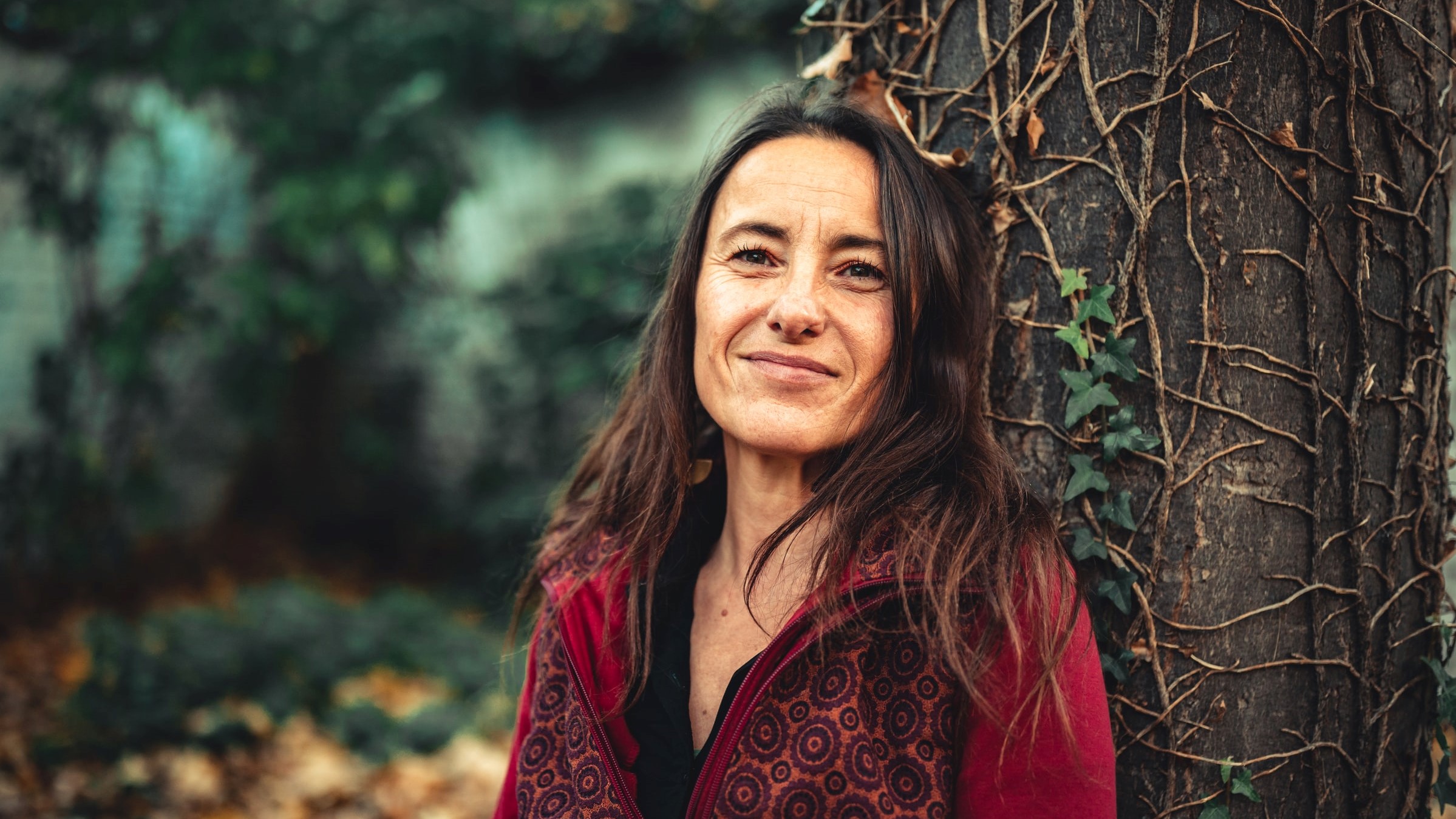
“Cancer survivor” refers to anyone who completed cancer treatment, regardless of their oncological profile, that is, being cancer-free or otherwise. Survivors being cancer-free does not change their status as survivors. Studies have shown how certain issues can affect both groups of survivors with a very diverse range of ways of manifesting. Cancer survivorship can last up to ten years, with some consequences lasting even longer, experts say. Therefore, cancer survivorship is a critical phase of patients’ recovery process. During this period, survivors need a thorough and regular follow-up with their healthcare team to ensure a well-rounded rehabilitation.
Reportedly, cancer survivors, whether living with cancer or not, need to come to terms with a new reality. For some, this can lead to define new roles or new relationships in life. For others, it can mean experiencing loneliness and isolation after losing the intensive support they received during treatment. Some survivors also report physical and psychological issues, from lack of energy to weight gain or loss, for example. Other recurring issues among cancer patients and survivors are sleep quality deterioration, irregular appetite and food intake, and finally, emotional and mental distress.
As survivors recount a variety of conditions, cancer care is taking a holistic and multi-faceted approach. Providing guidelines on how to deal with survivorship-related disorders is becoming a well-established practice in cancer care. For instance, healthcare providers started providing personalized diet plans tailored on each patient, or psychological assistance for at-risk patients.
Read more about cancer survivorship in our articles below.










